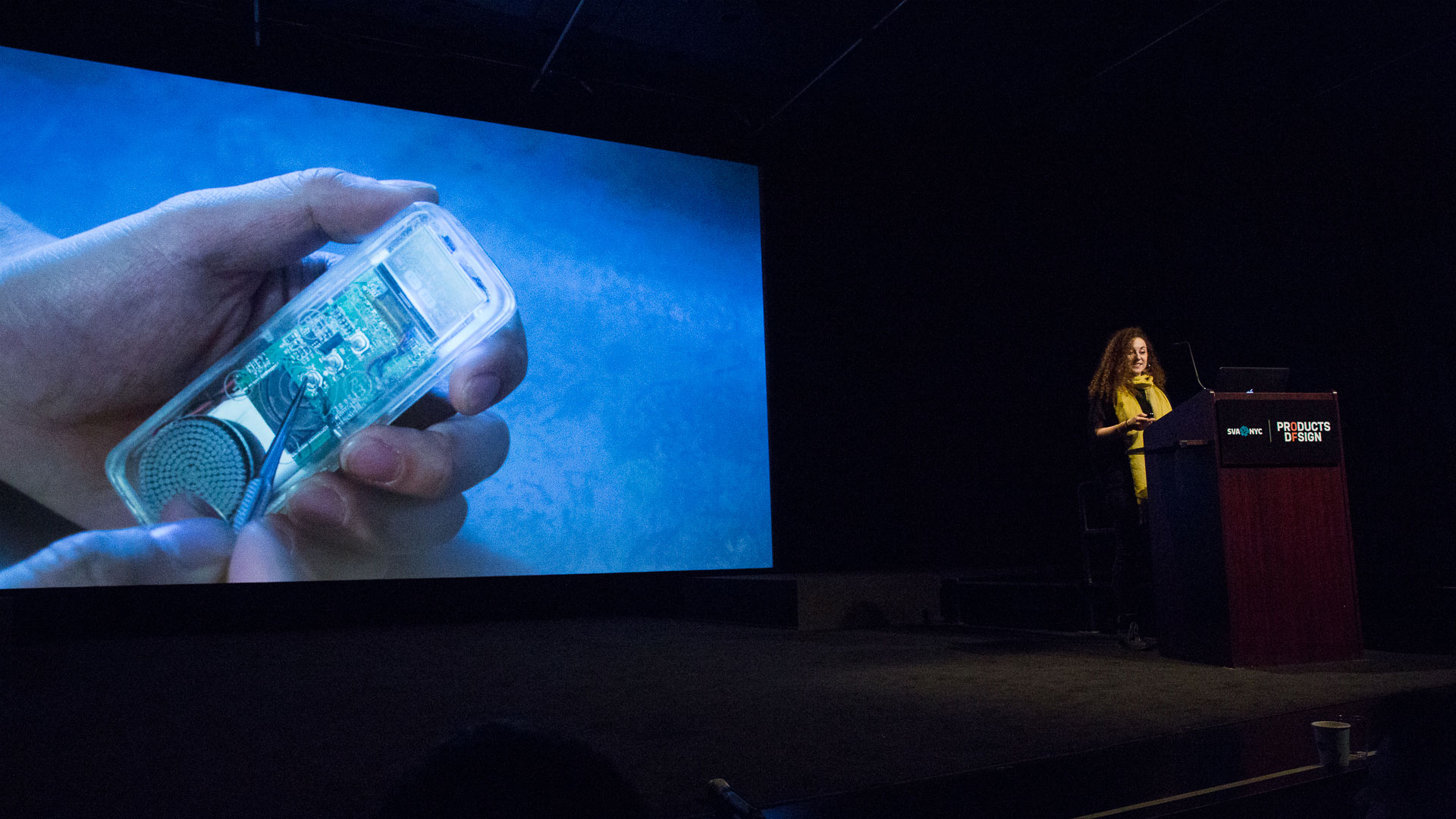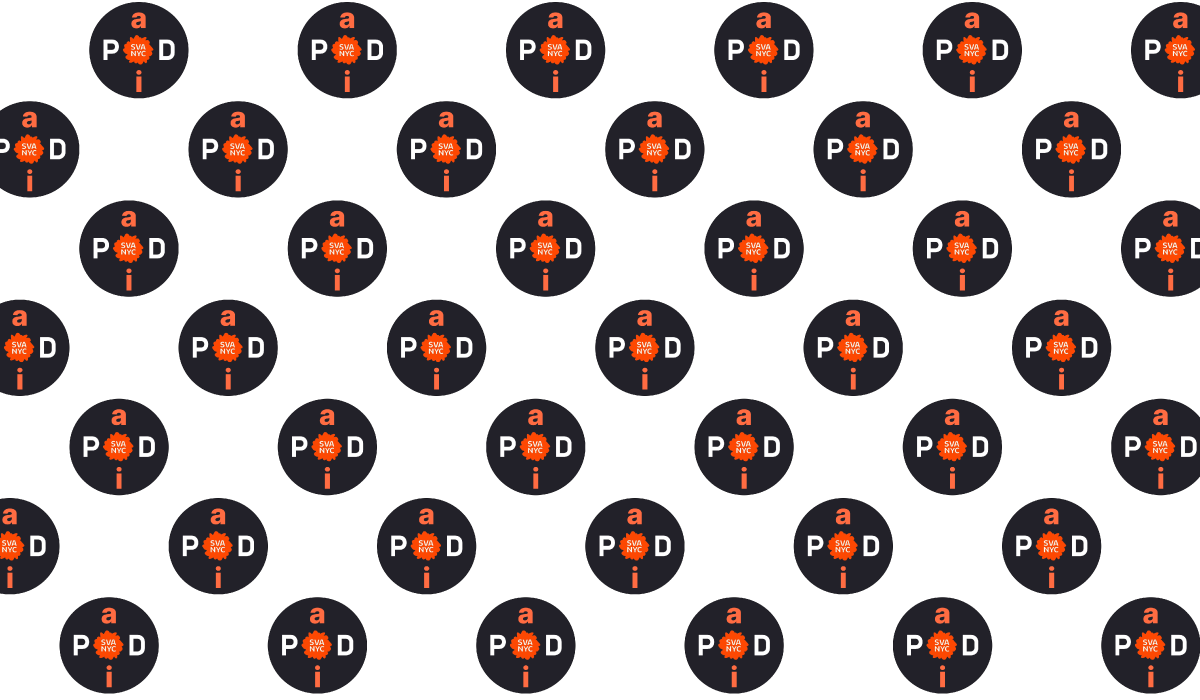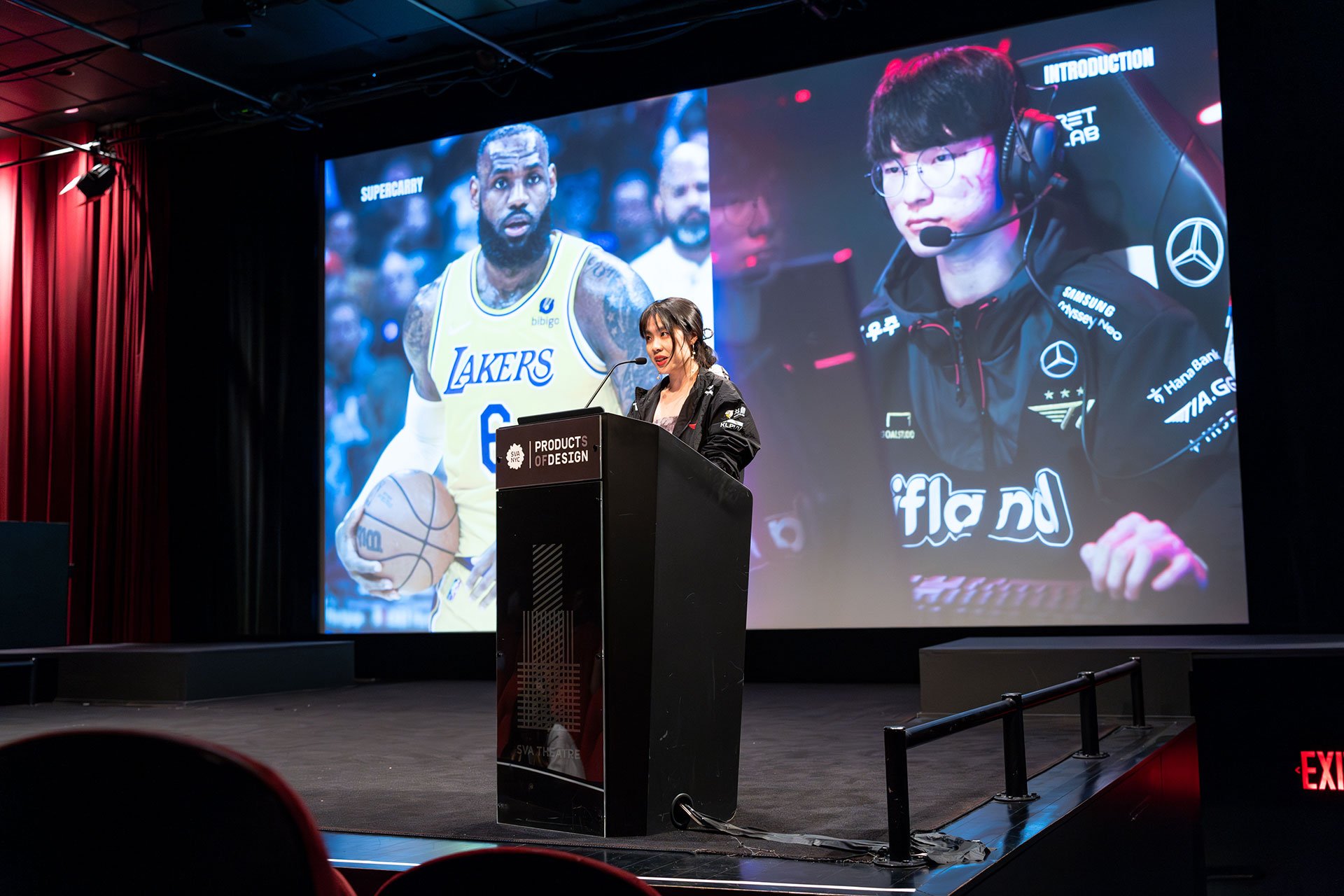Department Blog
Department news, events, and snapshots of student life at SVA in New York City.
Rollling admissions still open!
〰️
Rollling admissions still open! 〰️
Featured Posts
All Blog Posts

EATING TOGETHER: Explorations in an Anti-Social Food System
Will Lentz master’s thesis Eating Together: Explorations in an Anti-Social Food System promotes a resurgence in the social value of communal eating experiences. In a time when isolation and independence are increasingly common, Lentz offers products and provocations aimed at bringing people back together over food.

WITH, DESPITE, BECAUSE: Living your Best Life with Chronic Pain
After five years of living with a back injury, Alexa Forney made a startling realization: her life with chronic pain was actually better than it had been before. Even more shockingly, her research made it clear that she was not alone.

DIGITAL NATIVES: Promoting Analog Behaviors in Children’s Cognitive Development
In her thesis Digital Natives, Gahee explores designing technologies for children. She uses as her point of departure the notion that young children today "lack analog activities," as they spend most of their time using tablets and cellphones. She argues that existing products in the market are designed to be addictive—creating passive behaviors in children.

INVISIBLE TETHERS: How Time and Memory Shape Products and Places
Arjun Kalyanpur’s master’s thesis, Invisible Tethers, posits that people are connected to one another through time via shared experiences and history with objects and places. Initially driven by a personal fascination with time, it was not until a trip to California that his thesis began to take shape.

Photos From Our 4OURTH Thesis Presentation Day
We'll be publishing the individual thesis projects, videos, and books in separate posts over the summer, but we wanted to quickly share some of the highlight photographs from this past Friday's Thesis Presentations at the SVA Theatre in New York City. Congratulations to all the graduates!

OUTSIDERS: Designing Engagement With the Incarcerated
Marianna Mezhibovkaya's Masters thesis, Outsiders: Designing Engagement With the Incarcerated, explores how design can foster compassion for the marginalized and disenfranchised incarcerated population through the creation of social support services and products.

VAKIT: On the Elasticity and Subjectivity of Time
The objective of Adem Önalan’s master’s thesis, Vakit: On the Elasticity and Subjectivity of Time, is to reframe our relationship with time—identifying opportunities that lead people to spend time well—from recontextualizing time, to slowing it down through meaningful, memorable life experiences.

PERMANISM: Towards the Obsolescence of Disposable Furniture
Not more than 50 or 60 years ago, the idea of "disposable" did not exist; the physical objects in our lives were intended to be with us for a lifetime...or longer. Today, the convenience of disposability in the United States has become the status quo, and everything from packaging to electronics to even large-scale items like appliances and furniture are now considered throw-away. Spurred by our imperative for constant economic growth, our consumerist culture is having a detrimental impact on our environment. Judy Chi’s master thesis, Permanism: Towards the Obsolescence of Disposable Furniture, looks to reengage people with the physical products in their lives as "objects of permanence."

MASTERMINDS and the Art of Misbehaving
In order to become more brave and confident, MFA Products of Design student Eden Lew embarked on a year-long experiment to become a better designer by learning the ways of a criminal mastermind.
In her thesis, Masterminds and the Art of Misbehaving, Eden’s definition of a criminal mastermind alludes to the romanticized sector of criminals—including burglars, con men, hackers and heist planners. They are con artists who persuade victims into giving up money and valuables. They are craftsmen and tinkerers who decipher the mechanics of systems in order to later break them down. They are hackers who write inventive code to go around highly-secured firewalls, and drug cartel kingpins who run businesses as effectively as CEOs of major corporations.




